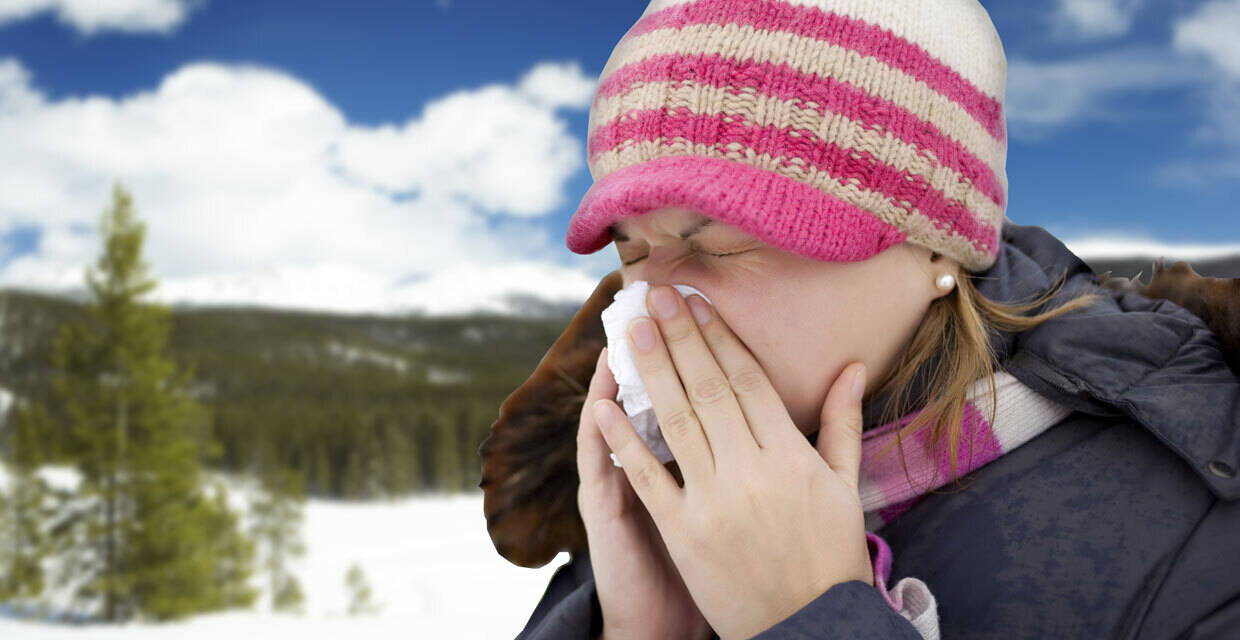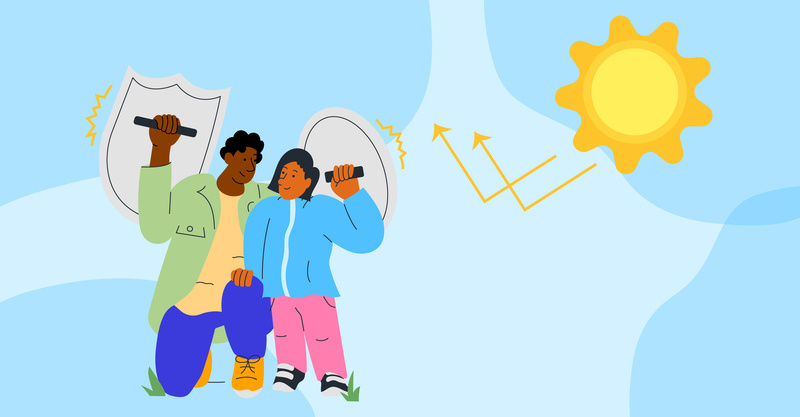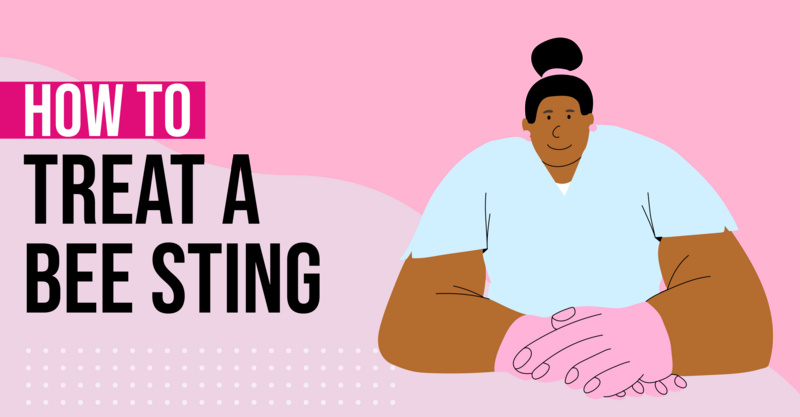Key Points
- Cold weather can exacerbate asthma symptoms, a condition known as cold weather asthma.
- Winter triggers for asthma include indoor allergens such as mold, pet dander, and dust mites, which can be mitigated by regular cleaning and avoiding humidifiers.
- The use of fireplaces and exposure to cold air can also trigger asthma; these can be avoided by opting for other heating options and wearing a scarf over the mouth and nose in cold weather.
- Viral infections like sinusitis can trigger asthma attacks, especially in children. Regular hand washing, getting a flu shot, and avoiding contact with sick people can help prevent this.
- Exercising in cold weather can trigger asthma symptoms. Opting for indoor exercises such as treadmill walking or indoor cycling can help avoid this.
Cold weather can increase symptoms in asthmatics. Typically known as cold weather asthma, winter asthma triggers can be avoided if you know what to look for.
Related: 6 Tips for Running in the Winter
Indoor Triggers
One of the winter asthma triggers is being inside more. Indoor allergies such as mold, pet dander, and dust mites can trigger an asthma attack. In the winter, you're likely to be indoors more, breathing in these substances. To help your symptoms, spend time away from your pets, cover your bedding with mite-proof covers and regularly wash carpets, rugs, and upholstery.
Dampness
When it's damp, dust mites and mold grow faster. Heaters and humidifiers in the home increase the warmth and humidity, which contribute to these indoor allergens. Keep your home dry to avoid them. Use the fan in your bathroom when taking a bath or shower, turn on the exhaust fan in the kitchen when cooking, and fix leaky windows and pipes. Try to avoid using humidifiers, if someone in your home needs one, keep it in a room you don't use.
Fireplaces
Winter also means using the fireplace, which can also trigger your asthma because smoke can make breathing difficult. When you're outside, the mix of chimney smoke with the cold weather can aggravate it more. To help your symptoms, avoid using the fireplace, and opt for other heating options. If you have to use your fireplace or wood-burning stove to heat your home, keep the ducts and flues clean and well ventilated. Avoid going outside when others are using their fireplaces, especially when it's windy.
Related: Fire Safety Is So Hot Right Now
Cold Air
The cold air itself can trigger your asthma. To avoid asthma attacks from the cold air, wear a scarf over your mouth and nose, be strict with your medication regiment, and keep your inhaler with you at all times. A special mask containing heat exchangers can also be helpful. They keep lung function from declining in the cold air.
Infections
Viruses are one of the main culprits to trigger your asthma. Sinusitis in particular can trigger an attack, especially in children. Other illnesses that trigger your symptoms are tonsillitis, pharyngitis, laryngitis, and pneumonia. Watch out for the following symptoms: nasal congestion, runny now, sore throat, sneezing, colorful sputum, and coughing. If you experience any of these symptoms, visit your nearest urgent care immediately. You should also get a flu shot, and stay away from people who are sick. Wash your hands regularly and use hand sanitizer to help avoid spreading germs.
Related: Accident Prone: Common Holiday Accidents [INFOGRAPHIC]
Exercise
Avoid exercising outdoors. Exercising itself can be an asthma trigger, but when mixed with cold winter air, it can trigger them more. Avoid ice skating and sledding, and opt for indoor exercises instead, such as walking on a treadmill or using an exercise bike. Move your workout to the gym in the winter. You can walk laps around the mall or even jog around the mall if you go early enough, when there aren't as many shoppers.
These cold weather triggers can aggravate your asthma. Avoid them, and you'll feel better this winter.
Frequently asked questions
Can cold weather increase symptoms in asthmatics?
Yes, cold weather can increase symptoms in asthmatics. This is typically known as cold weather asthma.What are some indoor triggers for winter asthma?
Indoor triggers for winter asthma include allergens such as mold, pet dander, and dust mites. These can trigger an asthma attack, especially as people tend to spend more time indoors during the winter.How can dampness in the home affect asthma?
Dampness can promote the growth of dust mites and mold, which are indoor allergens that can trigger an asthma attack. Using heaters and humidifiers in the home can increase warmth and humidity, contributing to these allergens.Can using a fireplace trigger asthma symptoms?
Yes, using a fireplace can trigger asthma symptoms because smoke can make breathing difficult. The mix of chimney smoke with cold weather can aggravate asthma symptoms even more.How does cold air trigger asthma?
Cold air can trigger asthma by causing the airways to constrict, leading to an asthma attack. To avoid this, it is recommended to wear a scarf over the mouth and nose, adhere strictly to medication regimens, and always keep an inhaler handy.Can infections trigger asthma symptoms?
Yes, infections, especially respiratory ones like sinusitis, tonsillitis, pharyngitis, laryngitis, and pneumonia, can trigger asthma symptoms. It's important to watch out for symptoms such as nasal congestion, runny nose, sore throat, sneezing, colorful sputum, and coughing.Is it safe to exercise outdoors for asthmatics during winter?
It is generally not recommended for asthmatics to exercise outdoors during winter. Exercise can be an asthma trigger, and when combined with cold winter air, it can trigger asthma symptoms even more.How can one manage and avoid cold weather asthma triggers?
To manage and avoid cold weather asthma triggers, it's recommended to avoid indoor allergens, keep the home dry, avoid using a fireplace, protect yourself from cold air, get a flu shot, avoid people who are sick, and opt for indoor exercises instead of outdoor ones during winter.









![Accident Prone: Common Holiday Accidents [INFOGRAPHIC]](https://d1kve3ll6vvkpr.cloudfront.net/dir/media/W1siZiIsIjIwMTMvMTAvMjYvMTBfNTJfMTRfMjQ1X2hvbGlkYXlfYWNjaWRlbnRzLnBuZyJdLFsicCIsInRodW1iIiwiODAweDQxNyMiXSxbInAiLCJlbmNvZGUiLCJqcGciLCItcXVhbGl0eSA5NSJdXQ/file.jpg?basename=Accident+Prone%3A+Common+Holiday+Accidents+%5BINFOGRAPHIC%5D&sha=a894e96fd9ab9540)
